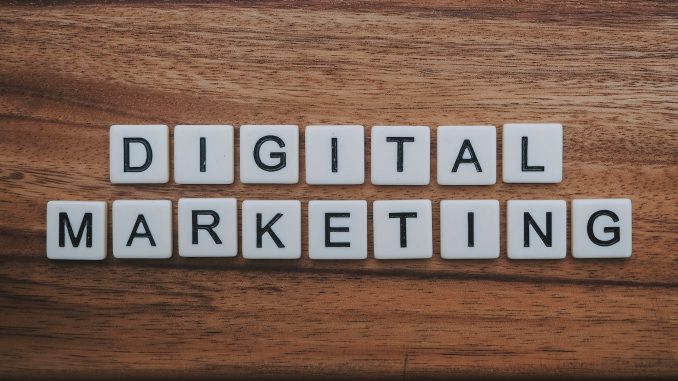
The recent news that Greggs has reported flat profits could, sadly, become something of a common theme to the rest of the year as the country heads towards an anticipated recession. But it was the response from Greggs that it plans to extend its trading hours across more of its stores which surprised me.
As someone whose expertise lies in helping brands boost awareness and sales through digital marketing, it seems to me that a more proactive – and ultimately more cost effective – way to counter the fall in profits would be for Greggs to focus their intentions on their online marketing efforts.
With more brands experiencing the less than perfect storm of increased costs, higher taxation and lower consumer spending they would do well to consider whether their digital marketing strategy is working as hard as it might be for them.
Here’s a few top tips to bear in mind.
Increase macro brand awareness
Even though Greggs has roughly double the amount of stores as Starbucks in the UK they still have a serious market share to take, especially in the south of the UK, so instead of a marketing plan based on time of day or audience I would adopt a country-wide approach. Quick and clever messaging reacting to external events – such as the Lionesses winning the Euros – creates that emotional connection and puts the brand at the heart of the country’s conversation. Much of this content can be anticipated, for example around the outcome of a competition or in response to any common nationwide theme such as a heatwave, national holiday or event. Generally steer clear of politics though – some things are best left alone!
Local shouldn’t be overlooked
When a brand has nationwide stores, macro awareness is crucial but local marketing initiatives shouldn’t be forgotten about. Doubling down on marketing in high footfall locations makes sense as the demand is clearly there – if you can upsell or prompt a regular customer to walk through the door more often you will see a boost in sales. Going back to basics with local advertising can really help underperforming stores so consider geo-location digital marketing as well as above the line media such as local radio and OOH. However, your messaging would need to be specific to that local market otherwise it won’t be differentiated from the national campaigns.
Join forces with like-minded businesses
Partnerships and collaborations with non-competing companies who share a similar customer profile can be a great way to get brand awareness without spending a fortune. You could offer product bundles which are then shared on both companies social media platforms, for example, These could then be promoted via each partners’ digital mailing lists, too. Introducing your brand to a whole raft of new people who you already know are likely to be interested in what you offer can be a fast track to increased awareness.
Tap into the influencer market
Digital marketing initiatives such as influencer marketing are a great way to achieve brand awareness and working with the right influencers across various niches can have a much lower CPM (cost per thousand views) that what the majority of paid media platforms offer currently.
It’s important to partner with the right person to avoid throwing money away. Influencers should provide data about the demographics they have in their audience which will avoid wasted budgets. The last thing you want to do is work with a big influencer that lives in the UK but the majority of their audience is in the USA!
Influencer marketing needs to be closely managed, and having a dedicated client-influencer liaison is important to make sure messaging remains on brand, the talent is posting the right content optimised for the platform, and that there isn’t anything happening from their side that could have a detrimental effect on the brand they are paid to promote.
Don’t forget the basics
While digital marketing is, of course, a key component of raising brand awareness, the real world offering is as important as the online world when marketing a business, so keeping abreast of staff training and the narrative you share with them is important.
Staff need to be aware of the communications and deals that are being pushed digitally to have continuity with marketing efforts. Training can include things as basic as encouraging Google Reviews that can help with local visibility on Google Maps, which in turn will help drive footfall for people that are looking for somewhere to eat in the area. An underappreciated fact for you: ‘Food and Restaurant near me’ searches are some of the most frequent searches on the planet.
Greggs will not be the last successful high street retailer to show signs of financial strain and it will be interesting to see how different businesses respond. But, unlike the last recession, this time around digital marketing will be a huge asset to everyone looking to boost their profile and help keep sales as high as possible. By making a few strategic changes retailers can improve their chances of riding the storm and living to tell the tale.
By Charlie Terry, founder and MD,

Leave a Reply